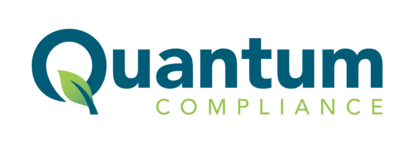In the modern business landscape, compliance has emerged as a critical pillar of operational integrity, dictating the need for rigorous adherence to laws, regulations, and industry standards. The complexity and ever-evolving nature of compliance obligations can be overwhelming for organizations of all sizes. This is where Compliance Management Software (CMS) comes into play, offering a strategic solution to navigate the intricate maze of compliance requirements efficiently and effectively.
The Role of Compliance Management Software
Compliance Management Software is a digital platform designed to help organizations manage their compliance activities comprehensively. It serves as a centralized system that automates and streamlines compliance processes, from monitoring changes in regulations to ensuring that company practices adhere to legal and ethical standards. By leveraging CMS, organizations can mitigate risks, avoid legal penalties, and maintain their reputation, ultimately securing a competitive advantage in their industry.
Key Features of Effective Compliance Management Software
Regulatory Change Management
One of the most daunting aspects of compliance is keeping pace with regulatory changes. Effective CMS offers dynamic regulatory change management features, alerting organizations to new regulations and amendments, and helping them adjust their operations accordingly.
Risk Assessment and Management
Identifying and managing risks associated with non-compliance is crucial. CMS provides tools for conducting risk assessments, prioritizing risks based on their potential impact, and implementing controls to mitigate them. This proactive approach helps organizations prevent compliance breaches before they occur.
Policy and Procedure Management
At the heart of compliance management is the creation, distribution, and enforcement of policies and procedures. CMS facilitates the management of these documents, ensuring they are up-to-date, accessible to relevant stakeholders, and aligned with current regulations.
Training and Awareness
Educating employees about compliance requirements is essential for fostering a culture of compliance. CMS platforms often include training modules that can be customized to meet the specific needs of an organization, tracking completion and comprehension to ensure everyone is informed.
Compliance Reporting and Analytics
To demonstrate compliance and monitor progress, robust reporting and analytics are indispensable. CMS enables organizations to generate reports on various compliance metrics, offering insights into the effectiveness of compliance programs and areas for improvement.
The Benefits of Implementing Compliance Management Software
Efficiency: Automation of compliance tasks reduces the manual effort and potential for error, freeing up resources to focus on core business activities.
Visibility: A centralized compliance management system provides a clear overview of an organization’s compliance posture, facilitating informed decision-making.
Consistency: By standardizing compliance processes, CMS ensures consistent application of policies and procedures across the organization.
Agility: With tools to quickly respond to regulatory changes, organizations can remain agile, adapting their compliance strategies as necessary.
Reputation: Maintaining high compliance standards enhances an organization’s reputation, fostering trust among customers, partners, and regulators.
Conclusion
In an era where compliance is not just a legal obligation but a competitive differentiator, Compliance Management Software stands out as an indispensable tool for organizations. By embracing CMS, businesses can ensure they not only meet the minimum compliance requirements but exceed them, paving the way for sustainable growth and success in a complex regulatory environment.







